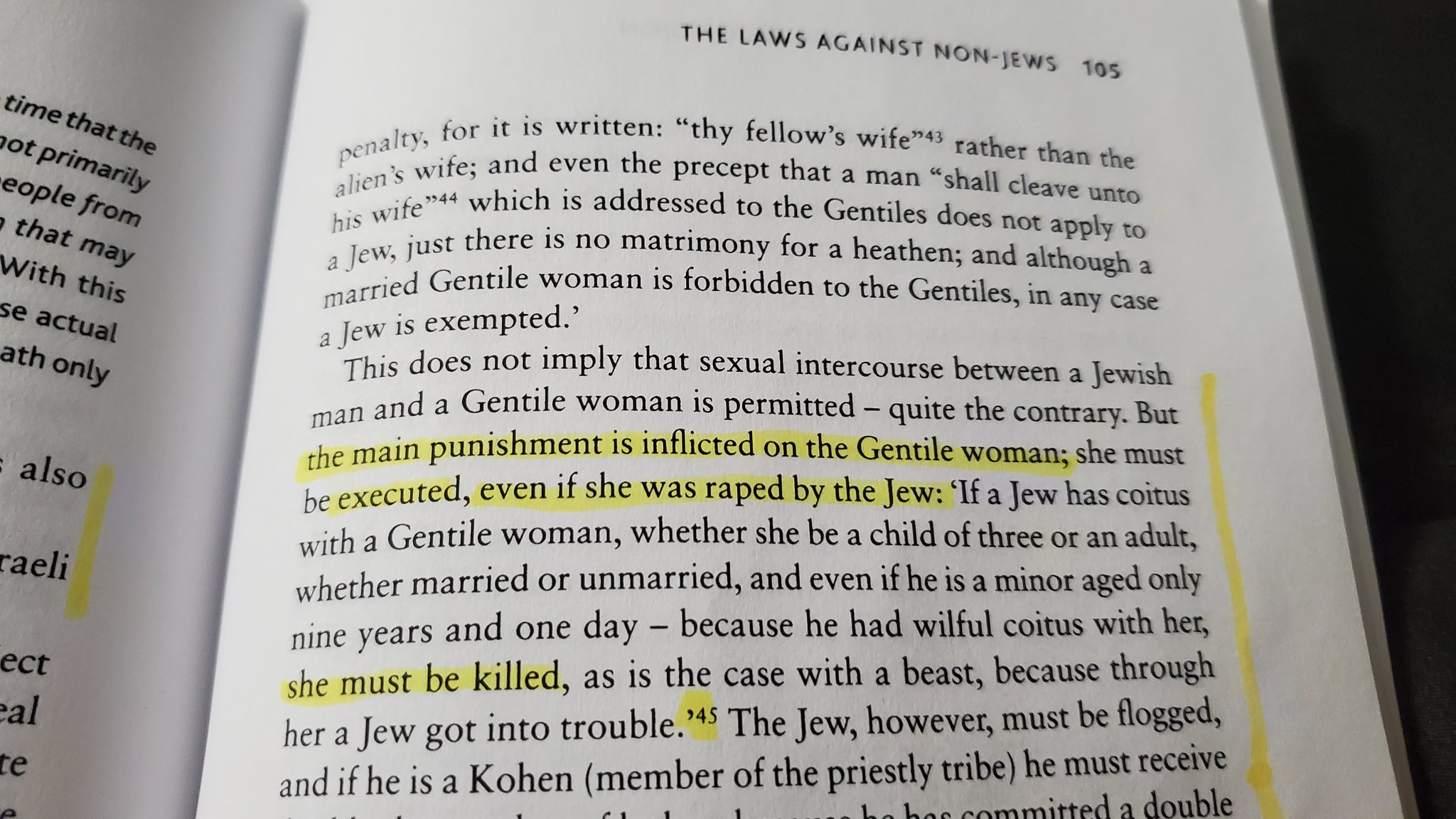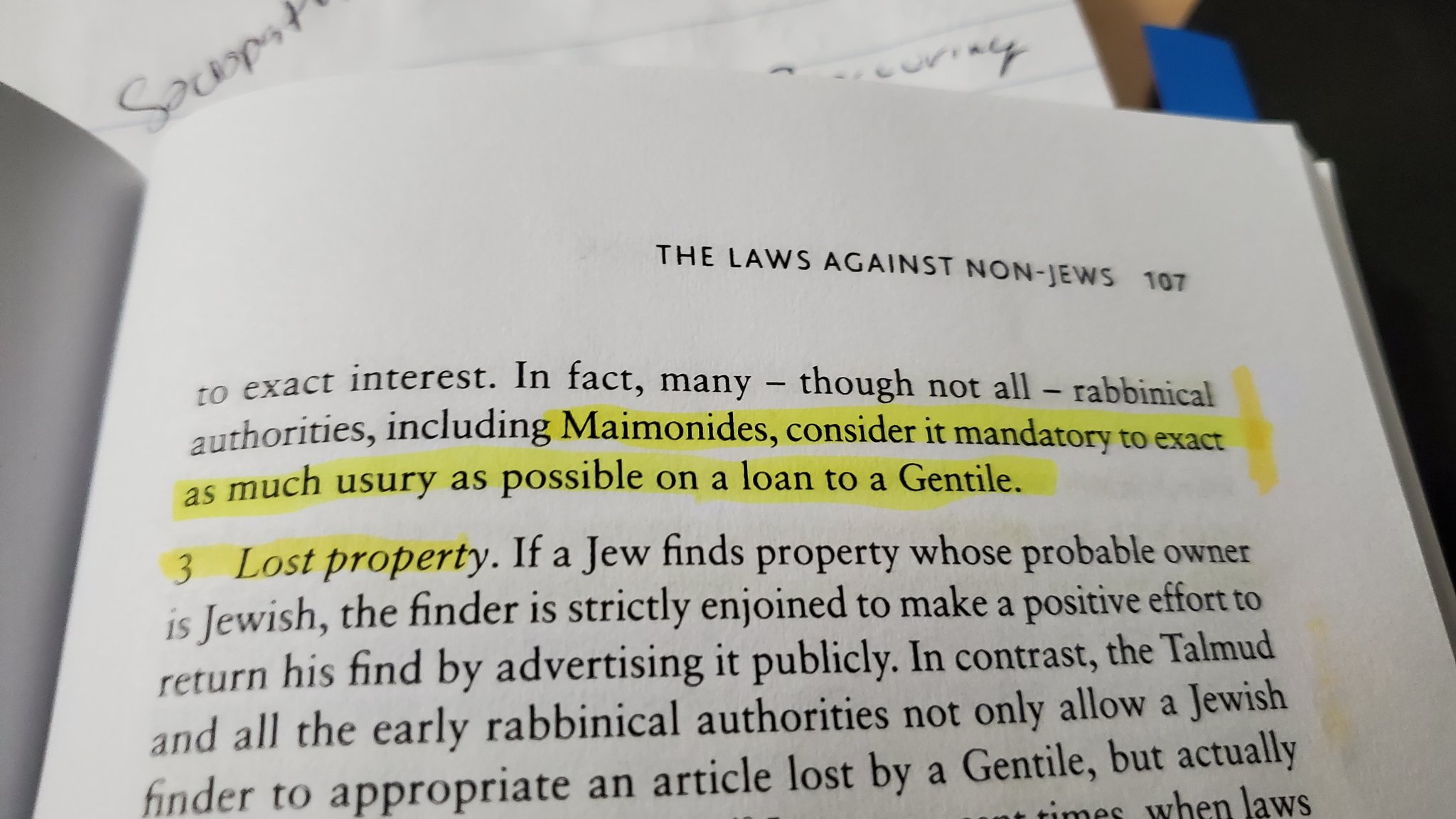How To Really Know More News: Getting Past The Surface
In today's fast-moving world, where information comes at us from every direction, it can feel a bit like trying to drink from a firehose. We hear so much, yet sometimes, it seems hard to truly grasp what is going on. Just getting a general idea of events is one thing, but actually understanding them, feeling like you truly `know more news`, that is quite another challenge, isn't it? It's not just about seeing headlines; it is about making sense of the bigger picture, too.
There is, actually, a real difference between simply "knowing of" something and "knowing about" it. One of my friends, for instance, pointed out to me that "knowing of" often comes from personal experience, or perhaps a direct encounter with a piece of information. You might `know of` a certain event because you were there, or maybe you heard a single detail. `Knowing about` something, though, means having a much deeper grasp, a broader sense of the details, the causes, and the effects. It is a more complete picture, you see, a richer way of taking things in.
This idea of truly understanding, of going beyond just a surface awareness, is pretty important, especially when we talk about current happenings. Sometimes, it feels like we are just skimming the top, and we might not even realize what we are missing. As someone in a job that often requires figuring out unexpected problems, I often think about those moments when something I didn't even know I didn't know comes up and causes a bit of trouble. That feeling of a hidden piece of information popping up can be a real jolt, and it is very much like trying to `know more news` in a meaningful way. It is about spotting those blind spots, too, and filling them in.
Table of Contents
- Understanding What It Means to Truly Know
- The Difference Between Knowing Of and Knowing About
- Uncovering What You Don't Yet Know
- Why Getting Deeper News Matters
- Practical Steps to Know More News
- FAQs About Getting Better Informed
Understanding What It Means to Truly Know
When we talk about knowing, it is more than just hearing a piece of information. The very first idea of knowing, you might say, is to grasp something as a fact or a truth. It is about seeing things clearly, with a sense of certainty, almost like how sounds are apprehended. This goes beyond just a quick glance at a headline or a brief mention on a social media feed. It means taking the time to let the information settle, to perceive its truth, and to feel sure about what it is telling you. So, to really `know more news`, we are looking for that deeper kind of perception, that solid understanding, too.
Think about it like this: you might `know of` a famous building because you saw a picture of it. But to `know about` that building, you would learn its history, its architectural style, who designed it, and perhaps even some stories about the people who used it. This second kind of knowing, the `knowing about`, provides a much richer picture, a fuller sense of what that building truly represents. It fills in the gaps, you know, making the information feel much more complete. This applies very much to current events, where a single detail often hides a much larger story.
Sometimes, we might even pretend not to understand something that is happening, or what someone means, when in fact, we perfectly grasp it. This can be a bit of a strange human tendency. However, when it comes to news, we often genuinely do not understand the full picture, and that is where the effort to `know more news` comes in. It is about moving past that superficial glance, past the quick takeaway, and into a space where you can truly say you have a good handle on things. This takes a bit of thought, and some deliberate action, as well.
- San Juan County Tax Assessor Nm
- Amc Grand Prairie
- Actor Dean Butler
- Actress Emily Hampshire
- The Lemont Restaurant Pittsburgh
The Difference Between Knowing Of and Knowing About
As my friend pointed out, there is a clear distinction between these two ways of expressing knowledge. When you `know of` something, it often implies a slight acquaintance, perhaps a passing familiarity. You might `know of` a new policy because you heard it mentioned on the radio. This kind of knowledge is often gained through personal experience, or maybe a direct, but brief, exposure. It is a bit like having just a tiny piece of a puzzle, you see, without seeing the whole picture. So, you have a connection, but it is not a deep one, really.
On the other hand, to `know about` something suggests a much more comprehensive understanding. It means you have gathered details, considered different angles, and perhaps even looked into the background of the topic. If you `know about` that new policy, you would understand its purpose, its potential effects, who it impacts, and maybe even the debates surrounding it. This kind of knowledge helps you connect the dots, and it allows for a more informed conversation. It is the kind of insight that helps you truly `know more news`, moving beyond just a fleeting impression, you know.
Consider the example from "The Lord of the Rings," where Bilbo says to his guests, "I don't know half of you half as well as I should like." This perfectly illustrates the difference. He `knows of` many people at his party, but he wishes to `know about` them more deeply, to have a richer, more personal understanding. In the same way, we might `know of` many news stories, but the goal is to `know about` them, to gain that deeper connection and context. It means putting in a little extra effort to get the full story, too.
Uncovering What You Don't Yet Know
One of the trickiest parts of trying to `know more news` is dealing with what you do not even realize you are missing. It is that feeling of "you don't know what you don't know." In my own work, I am always trying to figure out when that next unknown, unforeseen issue is going to pop up and make me re-do things. This exact challenge applies to how we take in information from the world around us. We often have blind spots, areas where our understanding is incomplete, or perhaps even totally absent, and we are not even aware of them. It is a bit like driving with a small part of the windshield blocked, you see.
It is not just you that doesn't know, by the way. Everyone has these gaps in their awareness. The trick is figuring out how to uncover them. How do you find the things you are missing? One way is to actively seek out different viewpoints. If you usually get your information from one kind of source, try looking at another that might have a different angle. This can help reveal aspects of a story you had not considered, or perhaps even facts you did not know existed. It is a way of broadening your perspective, really, and helps you `know more news` in a more complete fashion.
Another helpful approach is to question what you already believe you understand. Ask yourself, "What assumptions am I making here?" Or, "What might be missing from this explanation?" This kind of critical thinking helps you poke holes in your own knowledge, so to speak, and discover where you might need to dig a little deeper. Sometimes, it is just about slowing down and letting your mind wander over the details, allowing questions to surface. This deliberate pause can actually reveal quite a bit, too, about what you might not yet grasp.
Why Getting Deeper News Matters
Having a more profound grasp of current events, really getting to `know more news`, is very important for several reasons. For one, it helps you make better decisions. Whether it is about your community, your work, or even just your daily life, having accurate, comprehensive information allows you to respond thoughtfully. When you only have partial information, your choices might not be as sound. It is a bit like trying to build something with only half the instructions, you know, things might not turn out quite right.
Furthermore, a deeper understanding helps you participate more effectively in conversations. When you can speak with certainty and clarity about a topic, drawing on a range of facts and perspectives, your contributions become much more valuable. It is a different experience than just repeating something you heard in passing. This kind of informed participation makes discussions richer and more productive, too. You can actually add something meaningful to the exchange, rather than just listening or offering a quick opinion.
Finally, truly understanding the news can help reduce confusion and anxiety. When events seem chaotic or contradictory, it can be unsettling. But when you take the time to connect the dots, to see the larger patterns, things often become clearer. This clarity can bring a sense of calm and control, even in uncertain times. It is about building a coherent picture in your mind, so that the world makes a little more sense, really. This effort to `know more news` is an investment in your own peace of mind, as well.
Practical Steps to Know More News
To really start to `know more news`, you can take some clear, simple steps. First, try to get your information from a variety of sources. If you usually read one newspaper, try reading another with a different viewpoint. Watch different news channels, or listen to different podcasts. This helps you see the same story from various angles, and it can reveal details you might otherwise miss. It is about building a fuller picture, you know, piece by piece.
Second, take a moment to check the facts. In today's fast-paced information flow, it is easy for things to get muddled. Look for reliable sources that provide evidence for their claims. For instance, when it comes to correct grammar usage, a place like Purdue OWL is a good resource for certainty in writing. Similarly, for news, seek out organizations known for their careful reporting. This helps ensure that what you are taking in is accurate, too, and not just rumor.
Third, try to understand the context. A single news item rarely tells the whole story. What happened before this event? What might happen next? Who are the key players, and what are their motivations? Asking these kinds of questions helps you put the news into its proper setting, making it much more meaningful. It is about seeing the connections, you see, rather than just isolated events. This deeper look helps you `know more news` in a way that truly sticks.
Fourth, do not be afraid to admit when you do not know something. Sometimes, people pretend to understand things when they really do not. It is much better to acknowledge a gap in your knowledge and then seek to fill it. Ask clarifying questions, or look up terms you do not understand. This willingness to learn is a very powerful tool for expanding your understanding. It shows a genuine desire to grasp things fully, really, and helps you move past superficial awareness.
Fifth, consider how language itself shapes what we `know more news`. The words "know" and "now" are quite similar, for instance, and sometimes the way things are phrased can be a bit confusing. Even negative statements can be tricky. "I don't know nothin' about that" (a reinforced negative) is different from "I don't not know anything about that" (a negated negative), and these subtle differences can change meaning. Paying attention to the exact wording helps you apprehend clearly and with certainty what is being communicated, too, preventing misunderstandings.
Finally, think about how information is shared. The phrases "happen to know," "came to know," or "got to know" all suggest different paths to acquiring information. Each implies a slightly different way of encountering knowledge. Understanding these nuances can help you appreciate the journey of information itself, and how it arrives at your doorstep. It is a bit like tracing the path of a river, you know, to understand where its waters come from and where they are headed.
FAQs About Getting Better Informed
How can I tell if a news source is trustworthy?
To figure out if a news source is trustworthy, look for signs of careful reporting. Do they cite their sources? Do they correct mistakes when they happen? Do they show different sides of a story, or do they seem to have a strong bias? Generally, sources that focus on facts and provide evidence are more reliable. You might also check if they are transparent about their ownership or funding, too, which can tell you a lot.
What does it mean to "know what you don't know" in the context of news?
When we talk about "knowing what you don't know" in news, it means becoming aware of your own blind spots. It is about realizing there are gaps in your understanding, or perhaps perspectives you haven't considered. This might involve actively looking for counter-arguments or seeking out information from sources that challenge your usual viewpoints. It is about pushing past your current limits, you see, and expanding your mental map of the world.
Is it possible to be too informed, or to consume too much news?
It is certainly possible to feel overwhelmed by too much news. While it is good to `know more news`, constantly consuming every detail can lead to stress or a feeling of helplessness. The goal is not to absorb every single piece of information, but rather to gain a deep, meaningful understanding of the most important issues. It is about quality over sheer quantity, really, and finding a balance that works for you.
To truly `know more news` is a continuous process, a bit like learning any skill. It involves being curious, asking good questions, and seeking out different points of view. It means going beyond the surface, beyond just "knowing of" something, and striving to "know about" it in a deeper way. This effort helps you uncover those things you did not even realize you were missing. You can learn more about on our site, and perhaps link to this page for further reading. By taking these steps, you can build a clearer, more complete picture of the world around you, and feel much more confident in your grasp of what is happening, too.
- Return Policy Forteam
- La Catrina Mexican Grill
- At T Chat
- What Did Matthew Mcconaughey Win Oscar For
- La County Fair Map

Know More News

Know More News 🛡️ on Twitter:

Know More News 🛡️ on Twitter: